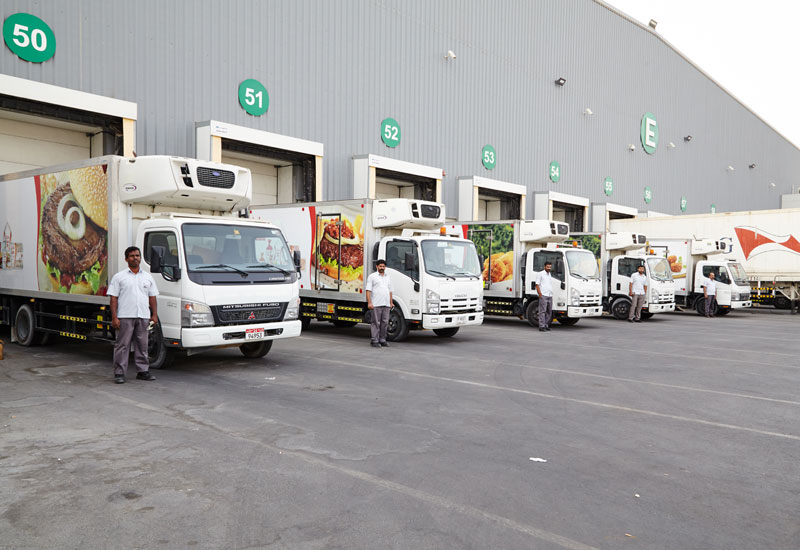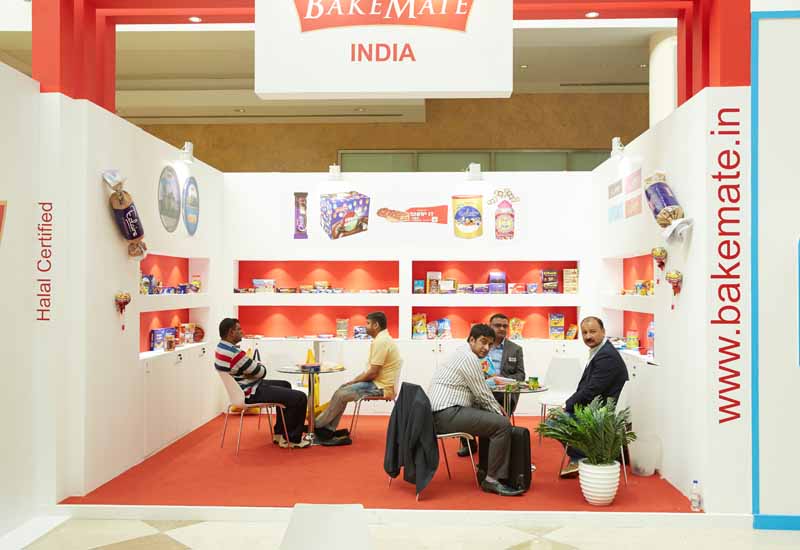 The outdoor practical exercise took drivers through a detailed vehicle checking procedure prior to commencing deliveries.
The outdoor practical exercise took drivers through a detailed vehicle checking procedure prior to commencing deliveries.
“We’re trying to do our part in ensuring that product is on shelf in the quickest possible time in the best possible condition. That obviously allows products to be on shelf for longer, which extends the retail opportunity to display it to the consumer and to reduce waste. And it does so in a way that’s not going to harm anybody, because it’s obviously not been compromised at any point.”
The training was conducted in Hindi, Urdu and English and the topics covered included; driver responsibilities (on and off road); road safety and accident management; defensive driving; driver behaviour and attitude; laws of the road; product awareness and protection; practical checking of vehicles; and two assessments.
An individual personal inspection was conducted on each driver to review HSE measures such as uniform, protective boots and personal hygiene. This was followed by an initial assessment on driver knowledge at the start of the course, with a thorough final assessment paper undertaken at the end with questions based on the subjects covered during the lessons. The outdoor practical exercise took drivers through a detailed vehicle checking procedure prior to commencing deliveries.
Melvin reveals that customers have recognised that the company is taking training seriously. He says: “For Federal Foods, for example, we use technology as part of our delivery process, so there’s a lot of visibility from the point of handover to the driver, to the point of delivery with the consumer.
“And because we employing technological tools, they’re very much as available to Federal as they are to us. It's important that our drivers do what they need to do to make sure that information is flowing. They’ve seen an immediate impact on multiple levels.”
FEEDBACK
Federal Foods and logistics manager Waleed El Haj told Caterer Middle East that the training has improved service levels. He says: “The drivers are more familiar with our business and the service level has been increased from 93% up to 95%. This is in general, and for things like foodservice it has reached 97-98%.”
El Haj adds that before signing with Massar, Federal Foods had its own fleet, but decided in April 2014 to outsource this element. Federal Foods currently has anywhere between 7,000 and 8,000 clients, covering foodservice from hotels and restaurants, to supermarkets and wholesalers.
He says the improvements in the drivers’ skillset has resulted in a positive and measurable return on investment (ROI) for the company. “Yes… more business! Recently we won a big bid because of our service levels. Yes, our price was higher, but because we had a higher service level, we won it.”
He concluded: “It was one of the biggest clients in the region, and our drivers managed to reduce the secondary freight cost by 21% because they knows how to drive the vehicles; they know how to follow the routine.”

| Advertisement |









 Search our database of more than 2,700 industry companies
Search our database of more than 2,700 industry companies









